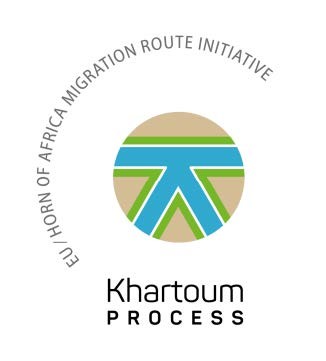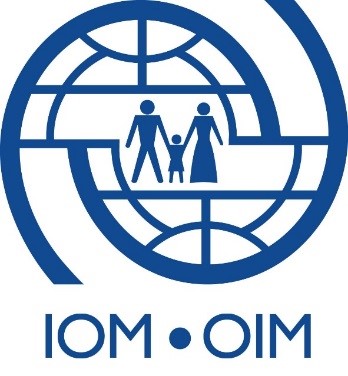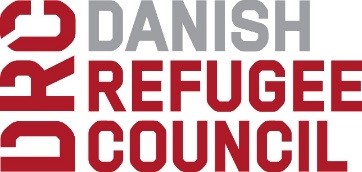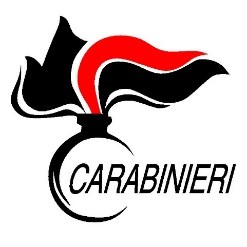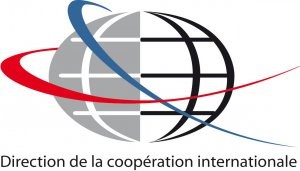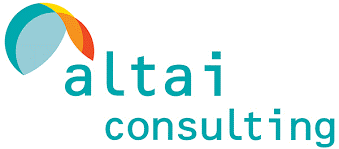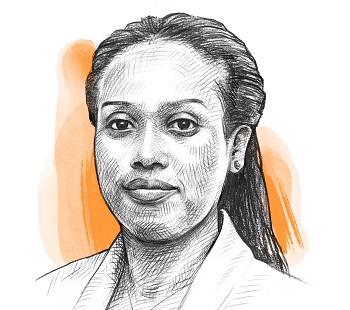AMMi
Objective
-
€ 6mBUDGET
-
24/12/2015PROJECT START
-
36 monthsDURATION
East Africa is marked by large-scale mixed migratory flows. These flows are made up of refugees and illegal migrants who take the same routes, but have different motives for migration and different needs.
To improve the governance of migration in the region, since January 2016, the European Union has been financing the AMMi (Addressing Mixed Migration Flows in Eastern Africa) project.
Funded by European Union up to € 6m (DCI-GPGC), this regional project is part of the Khartoum Process, which aims to strengthen cooperation between countries of origin, transit and destination on the Horn of Africa-EU migratory route.
Extensive geographical coverage
The AMMi project is being implemented by Expertise France and targets ten countries: Djibouti, Egypt, Eritrea, Ethiopia, Kenya, Somalia, South Sudan, Sudan, Uganda and Yemen.
It has three objectives:
• strengthen the migrant reception centres
• help national authorities fight the smuggling and trafficking of human beings
• provide specific and lasting support to unaccompanied migrant minors.A consortium with an international scope
This project is being conducted in partnership with the International Organization for Migration, Danish Refugee Council (DRC) and European public administrations. It benefits from the expertise of the International Cooperation Directorate (DCI) of the French Ministry of the Interior and the Carabinieri Division.
A series of ten country statements were produced as part of the AMMi project (available on the right). These reports provide an updated overview of migrant smuggling and human trafficking trends and dynamics and the modus operandi of criminal networks involved in facilitating irregular migration.
The reports also highlight the capacity gaps and challenges faced by governments in the region in responding to these phenomena, informing the identification of capacity-building needs in the areas of data collection, analysis and information sharing. The research was funded by the European Commission Directorate General for International Cooperation and Development (DG DEVCO) in the context of the EU-Horn of Africa Migration Route Initiative (the Khartoum Process), with technical support from Expertise France.
More information on the Khartoum Process website.



